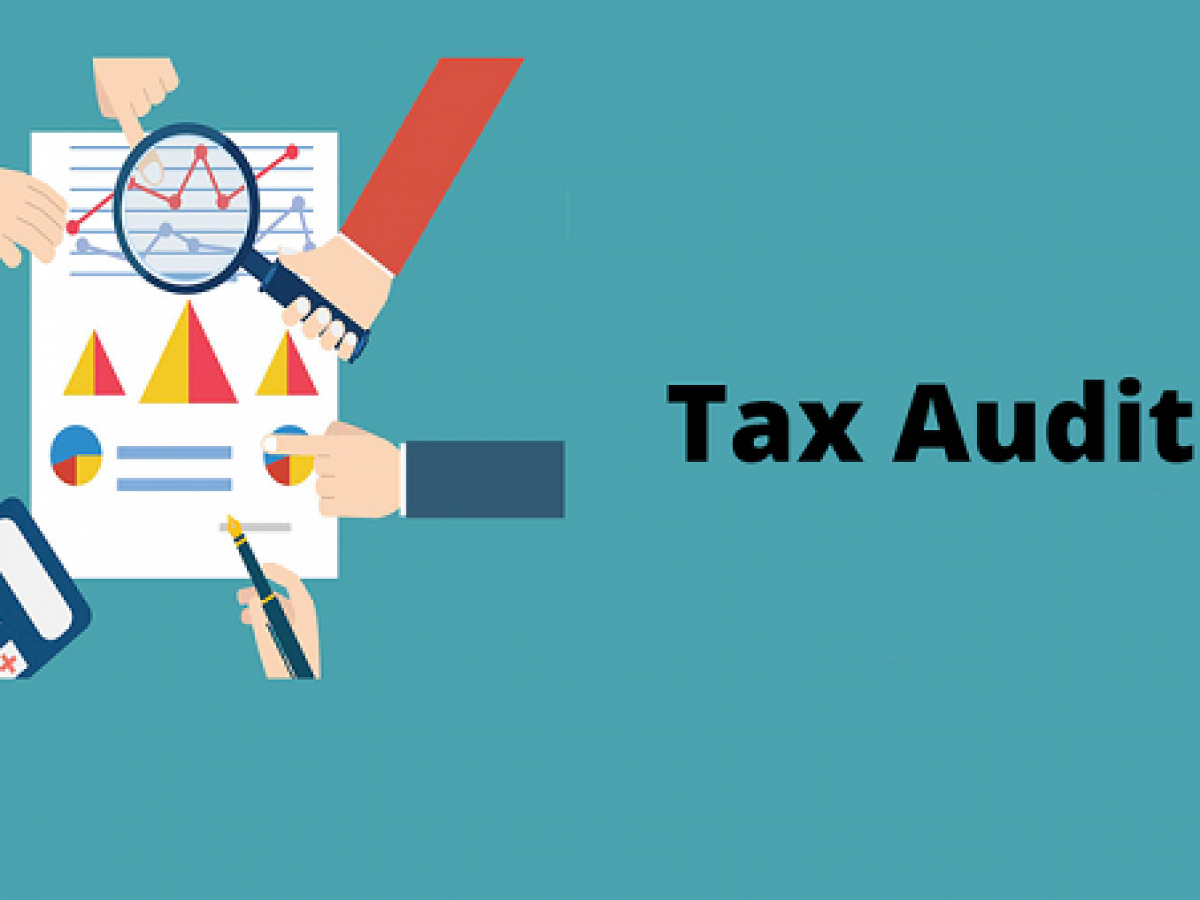April 1 marks the beginning of a new financial year and it is always significant from a personal finance point of view as most of the Budget proposals on income tax take into effect from this day. Additionally, other changes also become applicable from this day which may impact individual finances. These changes were announced by Finance Minister Nirmala Sitharaman in her Budget speech this year. Here’s a look at some of the major changes you should be aware of, including expanded basic exemption limits among others.
Key income tax changes that will be effective from April 1:
New Tax Regime Default Adoption
The default adoption of the new tax regime is a notable modification. Its objective is to streamline the tax filing procedure and promote greater participation in the new regime, featuring reduced tax rates albeit with fewer deductions and exemptions. However, taxpayers will still have the liberty to stick to the old tax regime if it is more beneficial to them.
Elevated basic exemption limit and rebate
As announced in the last Budget, effective from April 1, 2023, the basic exemption limit was hiked to ₹ 3 lakh from ₹ 2.5 lakh under the new tax regime, while the rebate under Section 87A of the Income Tax Act, 1961, was increased to ₹ 7 lakh from ₹ 5 lakh. Hence, people with a taxable income up to ₹ 7 lakh under the new regime will get a full tax rebate, absolving them from paying any income tax.
The new tax slabs will be as follows:
- Income part from ₹ 3 lakh and ₹ 6 lakh will be taxed at 5%
- Rs 6 lakh to ₹ 9 lakh will be taxed at 10%
- Rs 9 lakh to ₹ 12 lakh will be taxed at 15%
- Rs 12 lakh to ₹ 15 lakh will attract a 20% tax
- Rs 15 lakh and above will be taxed at 30%
Restoration of basic deduction
The standard deduction of ₹ 50,000, previously applicable exclusively to the old tax regime, has now been incorporated into the new tax regime. This serves to further decrease the taxable income under the new regime.
Reduced surcharge
The highest rate of surcharge of 37% on income above ₹ 5 crore was reduced to 25%. This results in a reduced effective tax rate for individuals with high incomes who choose the new regime.
Life insurance taxation
As per the announcement by the Finance Minister, maturity proceeds from life insurance policies which are issued on or after April 1, 2023, and where the total premium exceeds ₹ 5 lakh, will be subject to taxation.
Exemption Of Enhanced Leave Encashment:
The leave encashment tax exemption limit for non-government employees was ₹ 3 lakh since 2022 and is now increased to ₹ 25 lakh.
Source: CLICK HERE
TW Editorial Team comprises of team of experienced Chartered Accountants and Advocates devoted to spread the knowledge of GST amongst the various stakeholders.




